The Tanfield Railway is a standard gauge heritage railway in Gateshead and County Durham, England. Running on part of a former colliery wooden waggonway, later a steam railway, it operates preserved industrial steam locomotives.
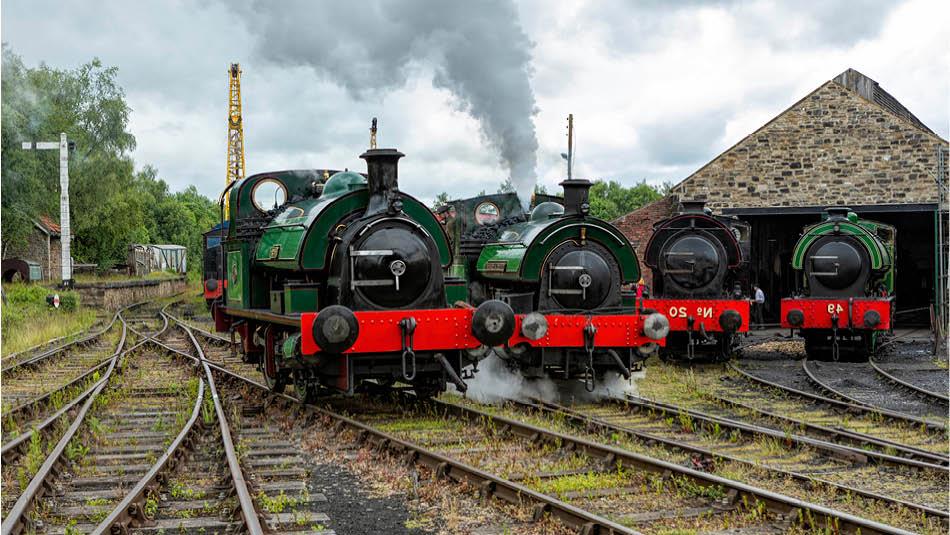
The railway operates a passenger service every Sunday, plus other days, as well as occasional demonstration coal, goods & mixed trains. The line runs 3 miles (4.8 km) between a southern terminus at East Tanfield, Durham, to a northern terminus at Sunniside, Gateshead.
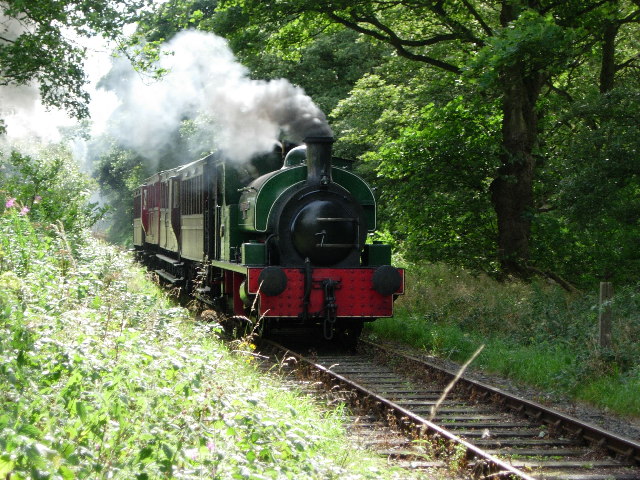
The Tanfield Waggonway was built by the Grand Allies from about 1720 to transport coal more reliably & cheaply from inland collieries of County Durham, to the staiths on the River Tyne at Redheugh.
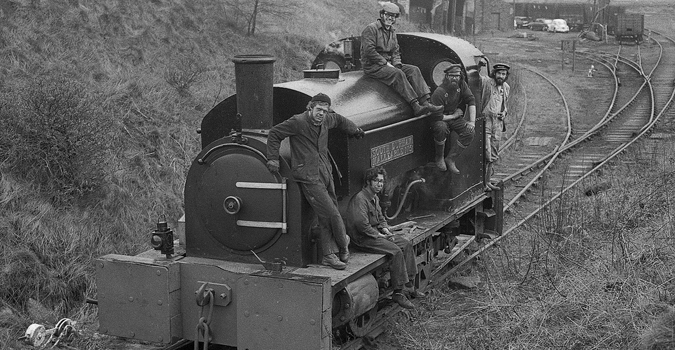
Many older shorter coal waggonways existed to the north of the present heritage line, in the Whickham & Lobley Hill areas, but the Tanfield Waggonway was a much longer and heavily engineered route which gave the Grand Allies market dominance all year round. The Tanfield route was in continuous use from 1725 until final closure in 1964.
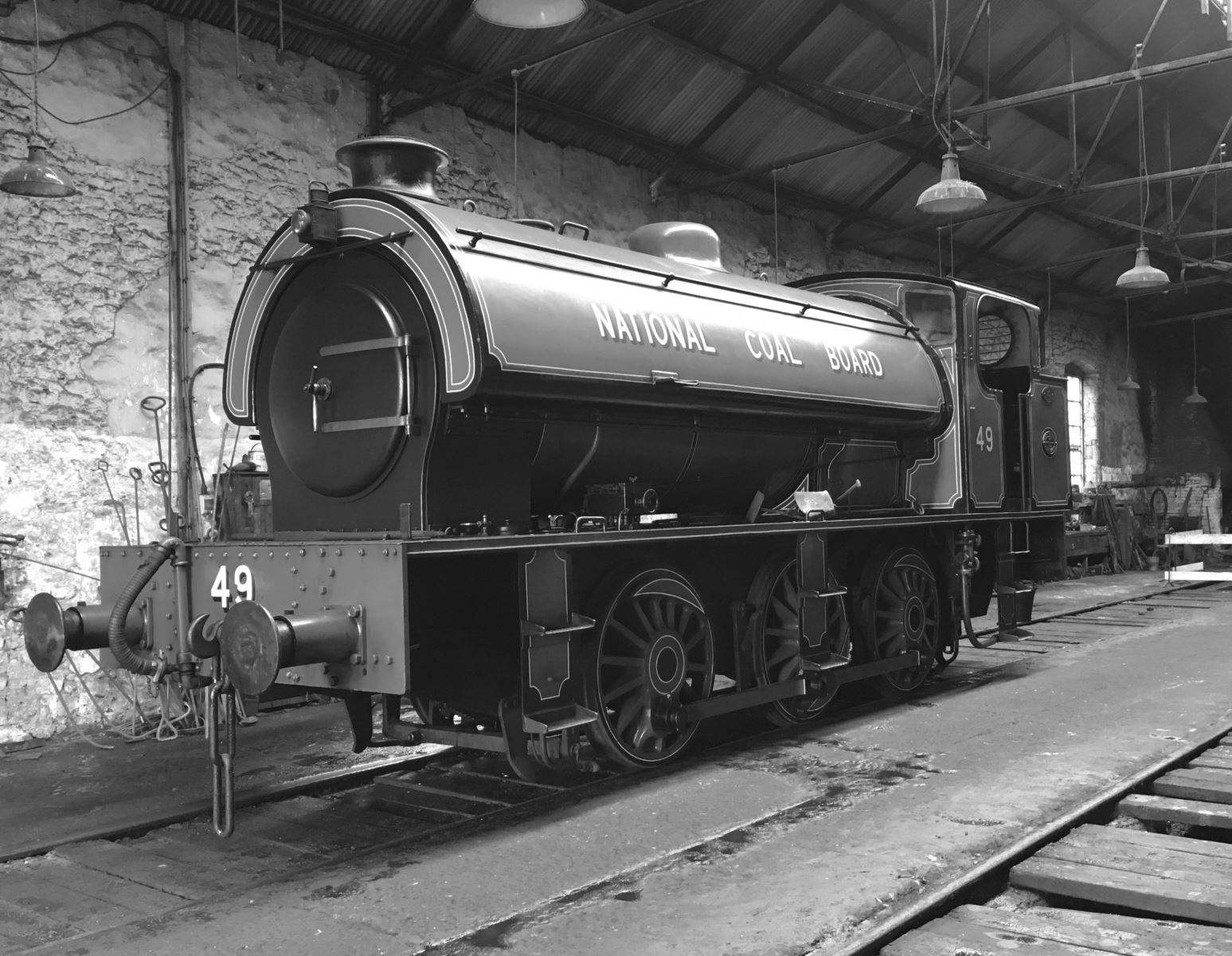
The route and structures of the oldest section of the now preserved part of the line, between Sunniside and Causey, dates from 1725, and is thus the world's oldest railway still in operation.
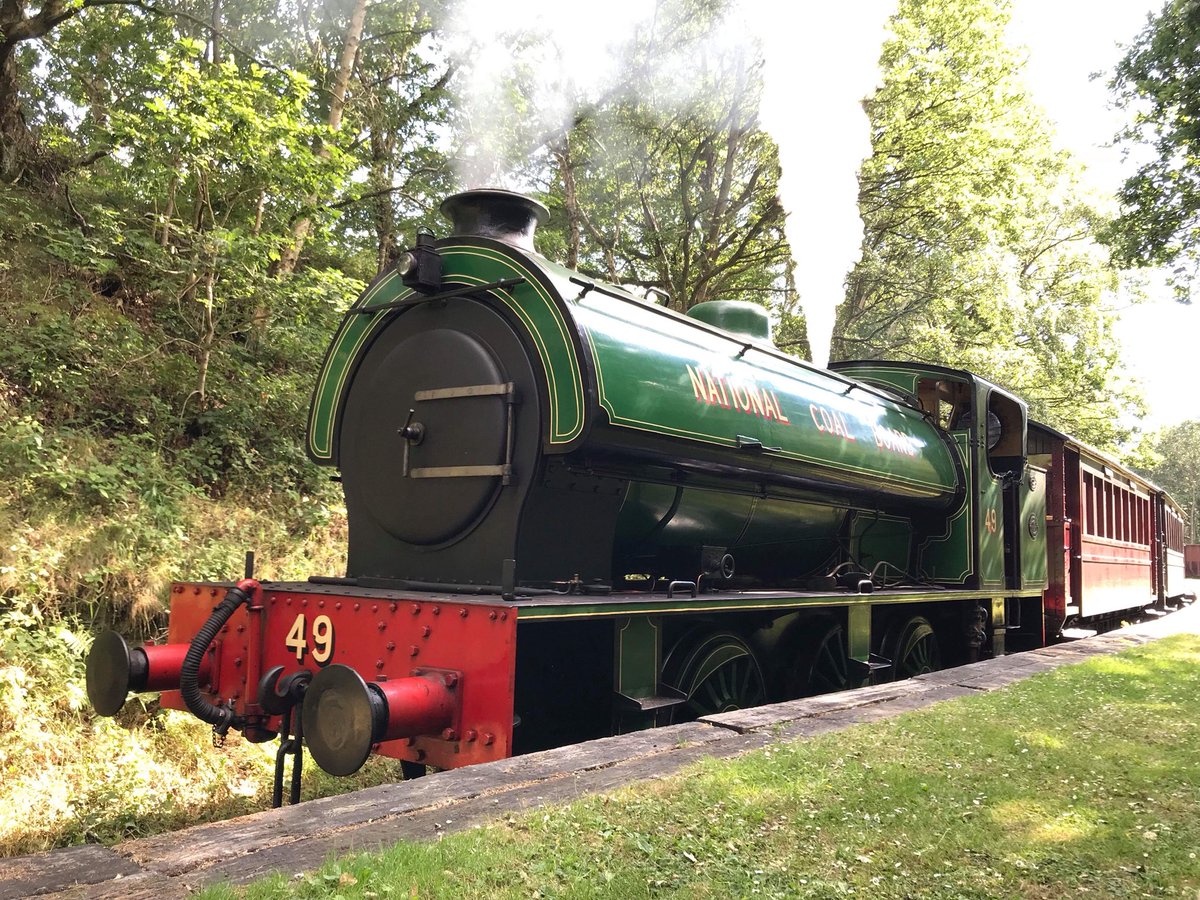
Although primarily a coal railway, it did carry some passengers. The railway closed when the last colliery on the line at East Tanfield ceased production in 1964.
According to en.wikipedia











